Hagai Palevsky | February 18, 2025
"I think you guys might be thinking about yourselves too much," observed actress Jemima Kirke in an instantly-viral Instagram story. It was meant in an affirming way, of course — a reply to the question "Any advice to unconfident young women? [sic]" — but the backhandedness is immediately apparent: Sooner or later you'll have to find something to be other than stuck in your own head, or else you're not going to leave any room for the rest of us.
It was precisely this remark that came to mind as I read autobiography has become a stone in my shoe, the latest comic from English cartoonist Peony Gent, initially included in last year's ShortBox Comics Fair and now self-published in print by the author. Much of the charm in the cartoonist's work stems from her pointed contrast between mechanical and personal. Her lettering is a standard sans-serif font (arial, it appears, or a font close enough to it), nested in rectangular caption boxes so large that they often feel like a passepartout frame. Her panel borders are the same sort of uniform rectangle, only the linework is a charmingly crude, childlike scrawl that bears an almost archetypal sort of recognizability. The priorities of her depiction, too, merit consideration: city streets, trees, bodies of water, furniture – rarely will a reader spot actual living humans. When these do appear it is almost always in a roundabout fashion – the hand of one, the back of another's shoulder, but never a face head-on. To a great extent, this is the core endeavor in Gent's comics: the creation of emotional proximity through formal distancing. All around, there is a guarded, soft-spoken feeling, one that lends itself well to discussions of vulnerability both authentic and affected.

A few pages into the new comic Gent writes, "I used to have so much to prove and so many wants and now I can barely muster the energy. Me and M talk about this a lot, how when we were sad and lonely we had so much to say, could make endless comics about our anxieties and our aloneness. Now I have you (we have each other) and I just don’t feel the need anymore."
This is, of course, the beginning of a clever bit of self-deception: she has gone, so we are told, from "having so much to prove" to having nothing to prove – which is what she sets out, within these pages, to prove. A bit later on she writes, "As I get close and my life becomes the now instead of the one day I'm aware of my view widening, how how [sic] everything I make sits in place of all that comes before. This also adds to the pointlessness of it all, why add one more drop to the ocean of noise?" The principle of mass conservation applies to anxiety as well. It does not disappear, only changes form into guilt.
From an artist whose work is generally interested in looking outwards and seeking connection — see for sarah, her elegy to a deceased childhood friend, and Nottingham to London, an observational comic on fleeting, anecdotal human interaction, for some of her most affecting work — this latest showing is an unusual look inward, something the author is palpably uncomfortable about, and eventually she faces this discomfort head-on – in the way of deflection. Much like Gent's previous outing, in a plum: a walk through thought (originally published in 2022 as part of the ShortBox Comics Fair, then self-published in print the following year), autobiography has become a stone in my shoe is, overtly, an exercise in comics as self-articulation. Which is to say it is not a work that seeks to present the reader with a cogent point determined in advance so much as a thought process occurring in real time, without an end-point in mind. The result, almost inadvertently, is that Gent winds up with two topics that feel almost entirely disparate, as her through-line becomes more a meditation on the social media attention economy and its increasing demand for self-monetization. In this way, too, the comic engages in self-contradiction: the author puts herself on display and for sale in one form to express her frustration with the social requirement that we all put ourselves on display and for sale in another form.

Let it be said that Gent makes sound arguments and is a deft visual rhetorician, creating a rich informational tapestry by presenting her own artwork alongside excerpts from a wide range of texts, be these quotes from Graham Greene or Jenny Odell, poetry by Joseph Coravolo, or run-of-the-mill Twitter shitposts. Much like in a plum, that "ocean of noise" is something she embraces, viewing herself as one link within the greater discourse.
Nonetheless, I find myself dissatisfied with this detour. The inward-looking parts of autobiography has become a stone in my shoe are, consciously, a losing battle, as the author's own happiness becomes the subject of her frustration; this discussion of the internet, by contrast, is a battle too easily won, a conversation so frequent that to engage in it feels almost like a knee-jerk impulse. It's not for nothing that she quotes Bo Burnham's Inside, a work that more or less requires its viewer to wholeheartedly agree with its ideological and aesthetic viewpoint in order to actually find something to appreciate. It feels unfair to denigrate a comic for being too easy to agree with, yet it feels almost like cheating. Mere pages ago, the cartoonist, intentionally and compellingly, backed herself into a corner of her own neurosis, articulating very vividly the way her guilt, her non-sadness, her comfort insulated her from her entire world (both subtly and overtly – at one point she laments the way life marches on following the tragic drive-by shooting of out-of-towners on vacation, but her own life marches on just as quickly). Suddenly, through this change of subject, confidence is not only regained but magnified sevenfold. Rectitude is all fine and dandy, but here it comes at the cost of fatal tonal dissonance.
"Maybe the true purpose of my life," writes Annie Ernaux, who won no less than a Nobel Prize for annihilating any and all divides between inwardly and outwardly, "is for my body, my sensations and my thoughts to become writing, in other words, something intelligible and universal, causing my existence to merge into the lives and heads of other people." Much of our work, as people in the world, is the pursuit of being acknowledged. This encompasses art; it also encompasses social media. To be sure, the industry behind it (behind both) is evil and exploitative, but its existence is entirely contingent on that same human impulse: we want to be reminded that we exist. Yet in some cases these reminders become overwhelming, unbearable. For the first time in her career, Peony Gent might be thinking about herself too much, leaving little room, if any, for the rest of us.


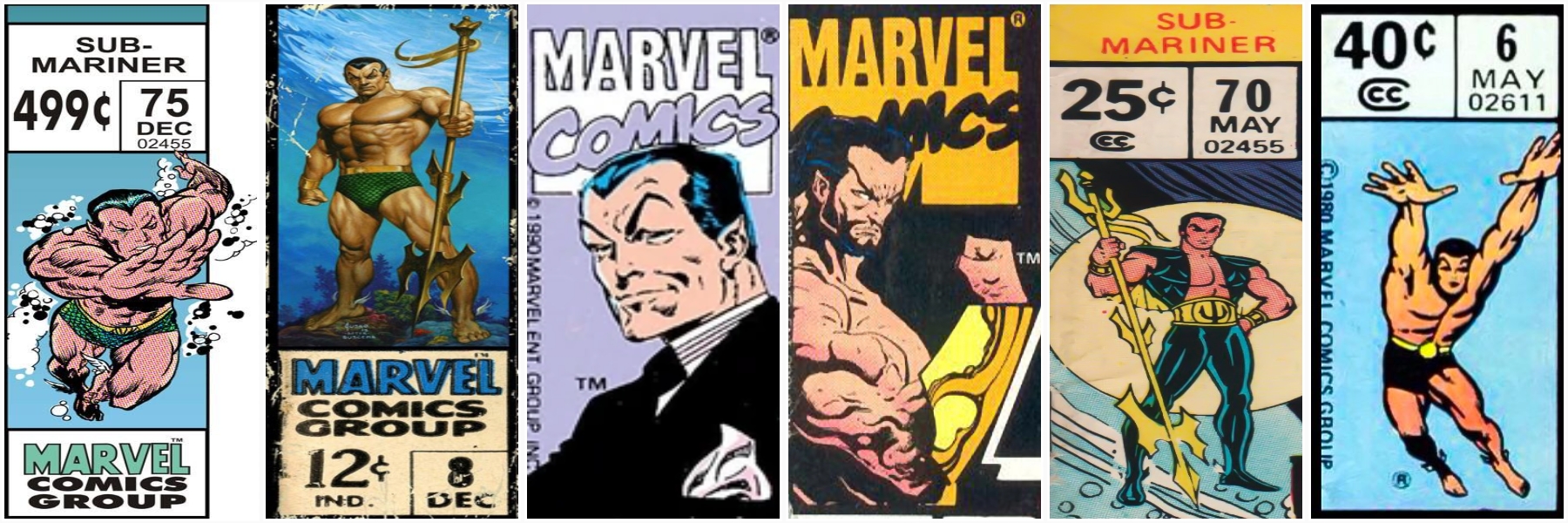


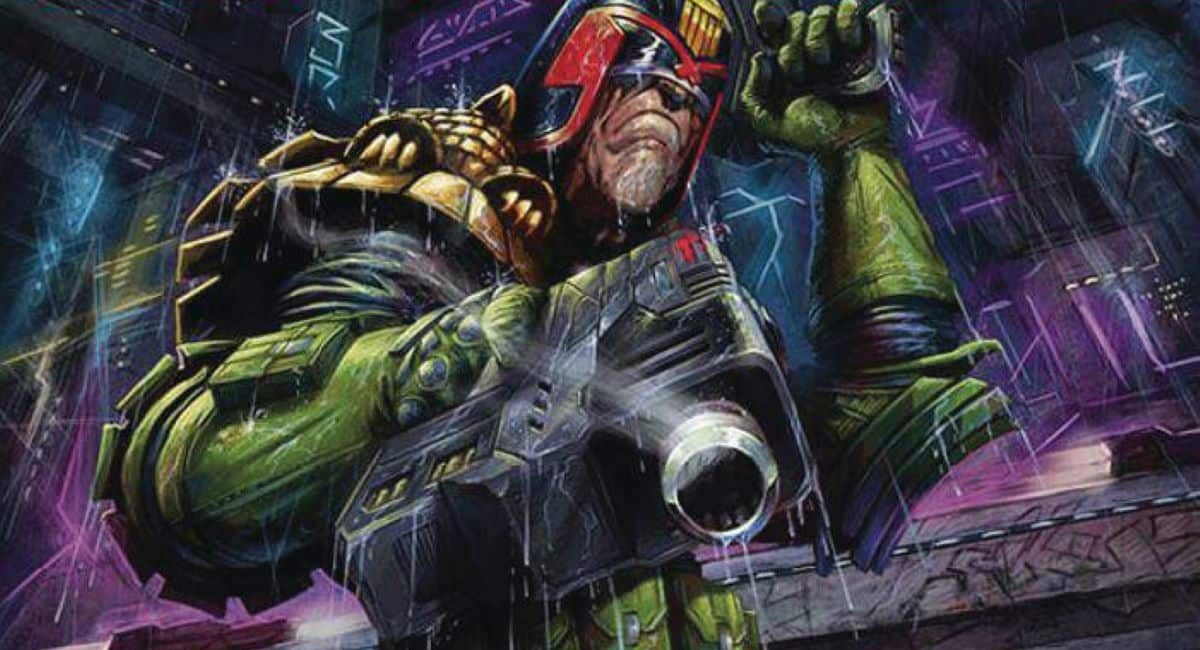
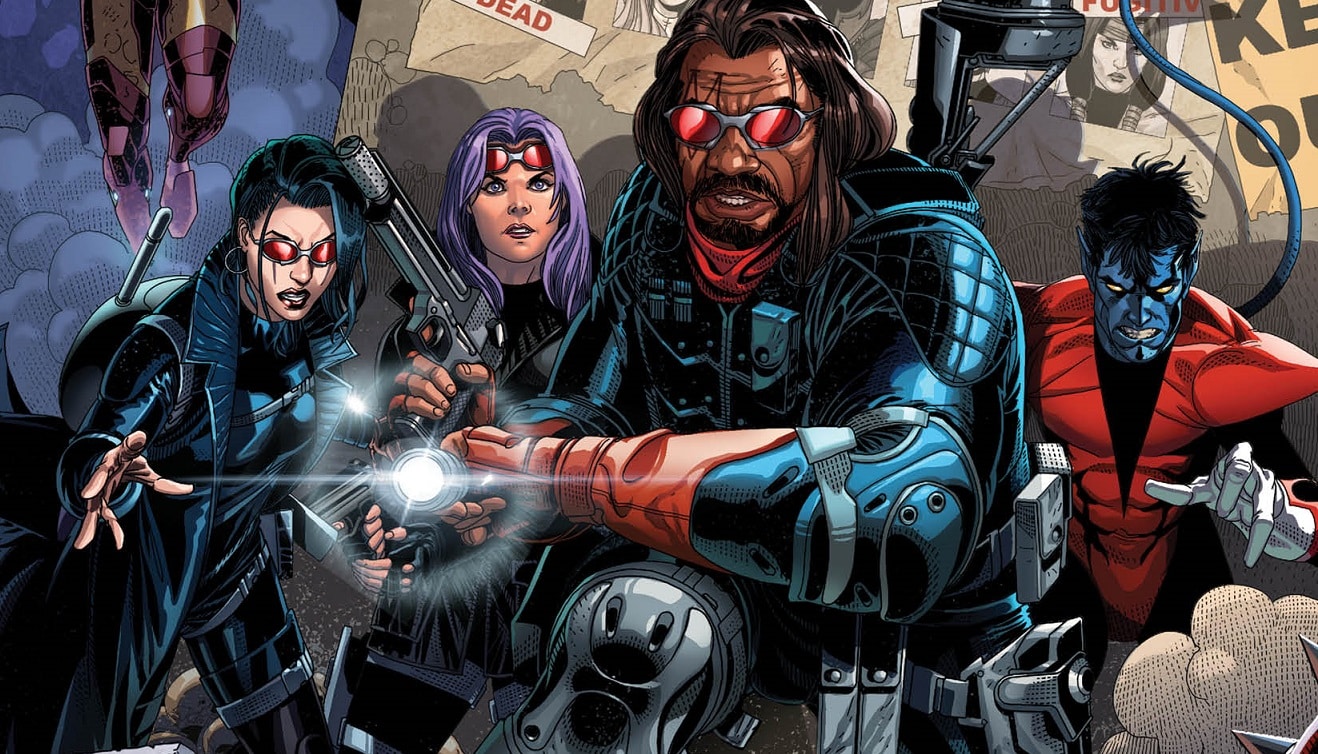


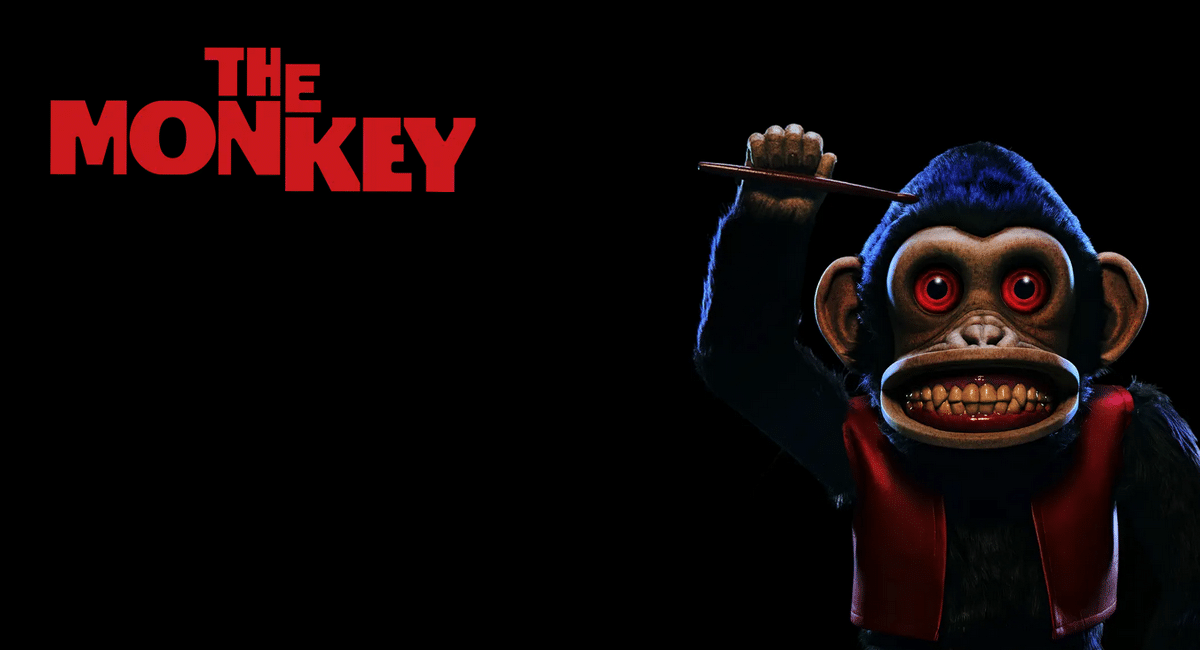

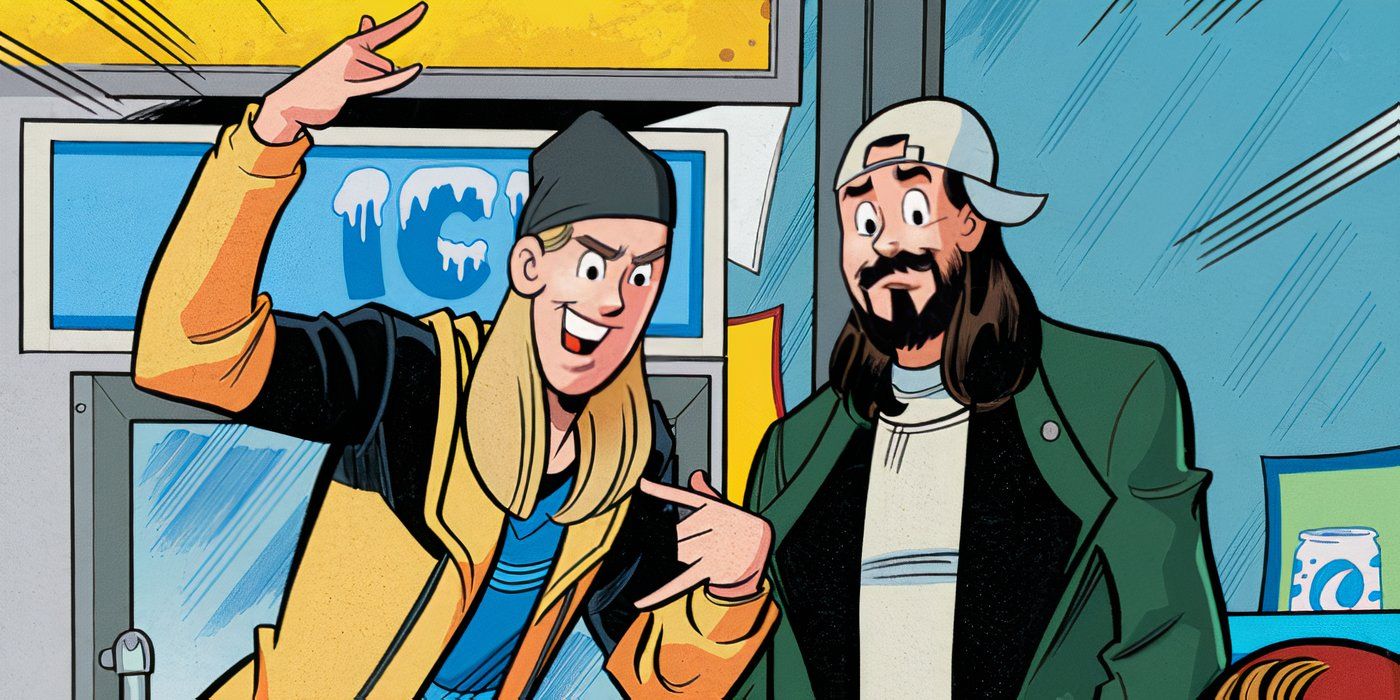

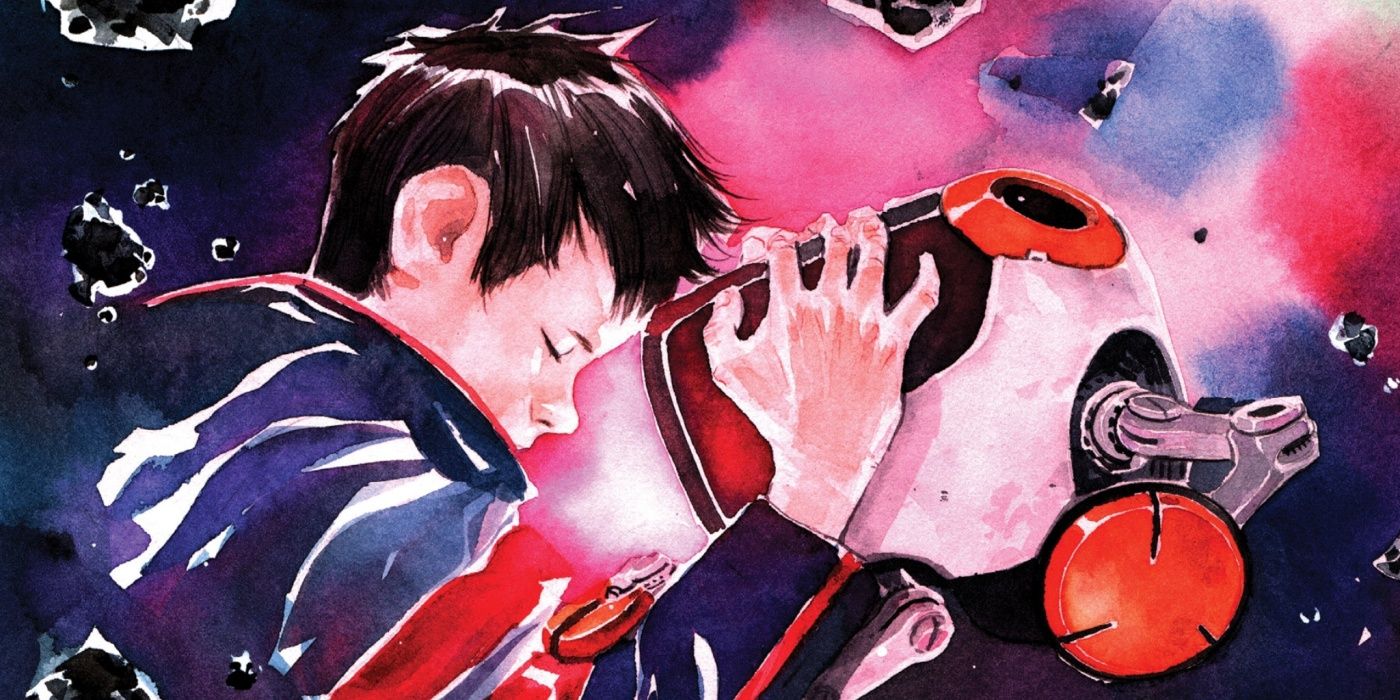


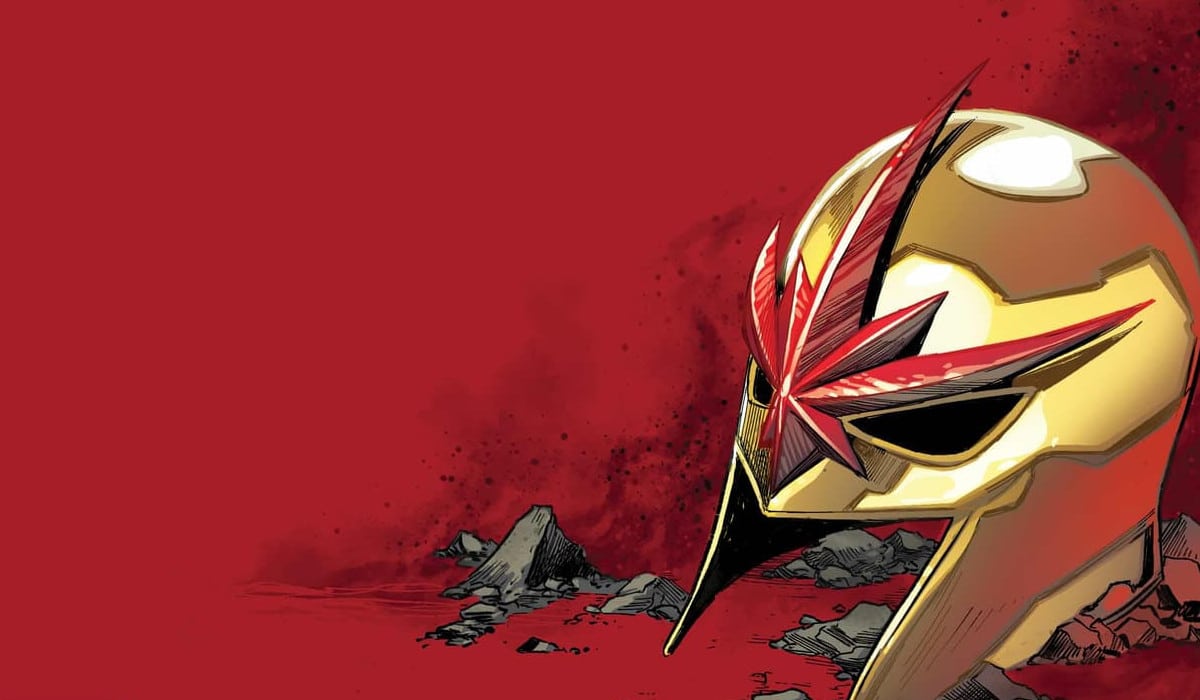

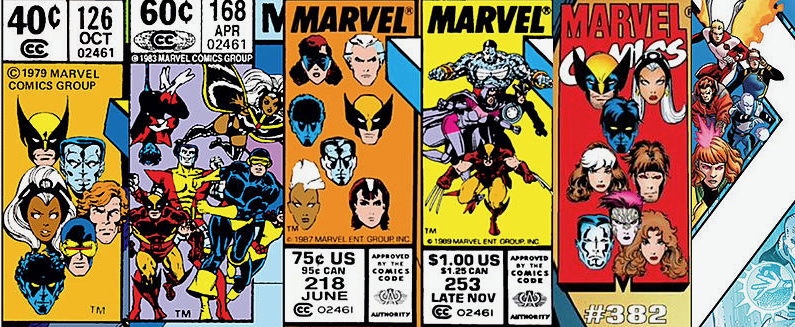

 English (US) ·
English (US) ·